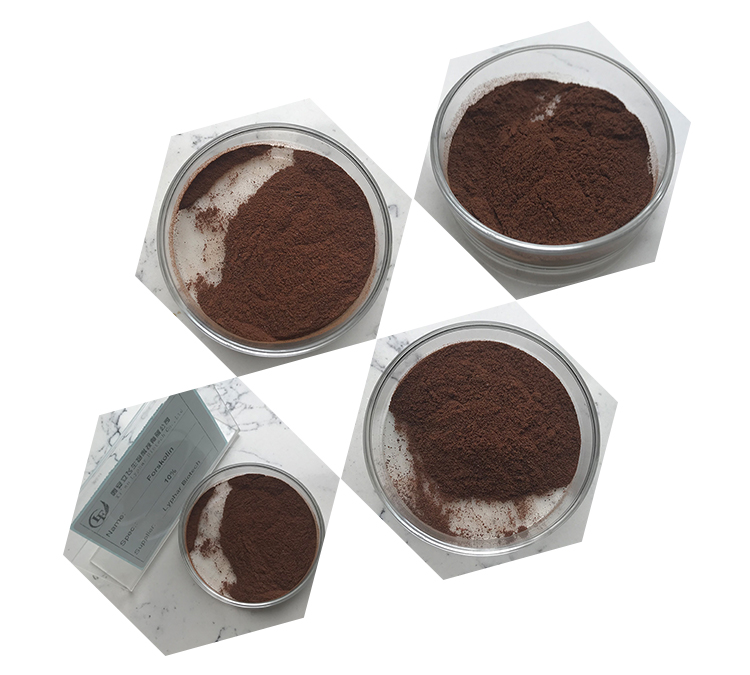Forskolin is a natural compound derived from the roots of the Indian coleus plant (Coleus forskohlii), which belongs to the mint family (Lamiaceae). Here’s a breakdown of its origin, nature, and introduction:
Origin of Forskolin:
Forskolin has been traditionally used in Ayurvedic medicine for centuries, primarily in India, where the Coleus forskohlii plant grows naturally. Ayurvedic practitioners historically used it to treat various conditions, including heart disorders, respiratory issues, convulsions, and digestive disorders.
Nature of Forskolin:
Chemically, forskolin is a labdane diterpene, which is a type of organic compound found in plants. It works by activating the enzyme adenylate cyclase and increasing intracellular levels of cyclic adenosine monophosphate (cAMP). This process is significant because cAMP is involved in many important cellular functions, including metabolism and hormone production.

Introduction to Western Medicine:
Forskolin gained attention in the Western world primarily for its potential health benefits related to weight loss and body composition. Researchers became interested in its effects on cAMP and its ability to stimulate fat metabolism. This led to various studies and clinical trials exploring forskolin’s potential as a dietary supplement for weight management.
In the 1970s, forskolin started to attract scientific interest in the United States and Europe due to its pharmacological properties. Since then, it has been studied for its potential applications in treating conditions such as obesity, cardiovascular disorders, asthma, and skin conditions.
Usage and Research:
Today, forskolin is widely available as a dietary supplement, typically marketed for weight loss and as a bodybuilding aid. It is also studied for its potential therapeutic benefits in conditions such as:
- Weight Management: Forskolin is believed to help increase the breakdown of stored fats and aid in weight loss efforts.
- Heart Health: Research suggests forskolin may help relax smooth muscles and improve heart function.
- Respiratory Conditions: It has been studied for its potential bronchodilator effects, which could be beneficial in asthma and other respiratory disorders.
- Skin Health: Some studies suggest forskolin may have applications in treating psoriasis and other skin conditions.

Conclusion:
Forskolin is journey from traditional Ayurvedic medicine to modern research and applications illustrates its evolving role in health and wellness. While more research is needed to fully understand its benefits and mechanisms of action, forskolin continues to be a subject of scientific interest and a popular dietary supplement for various health purposes.
